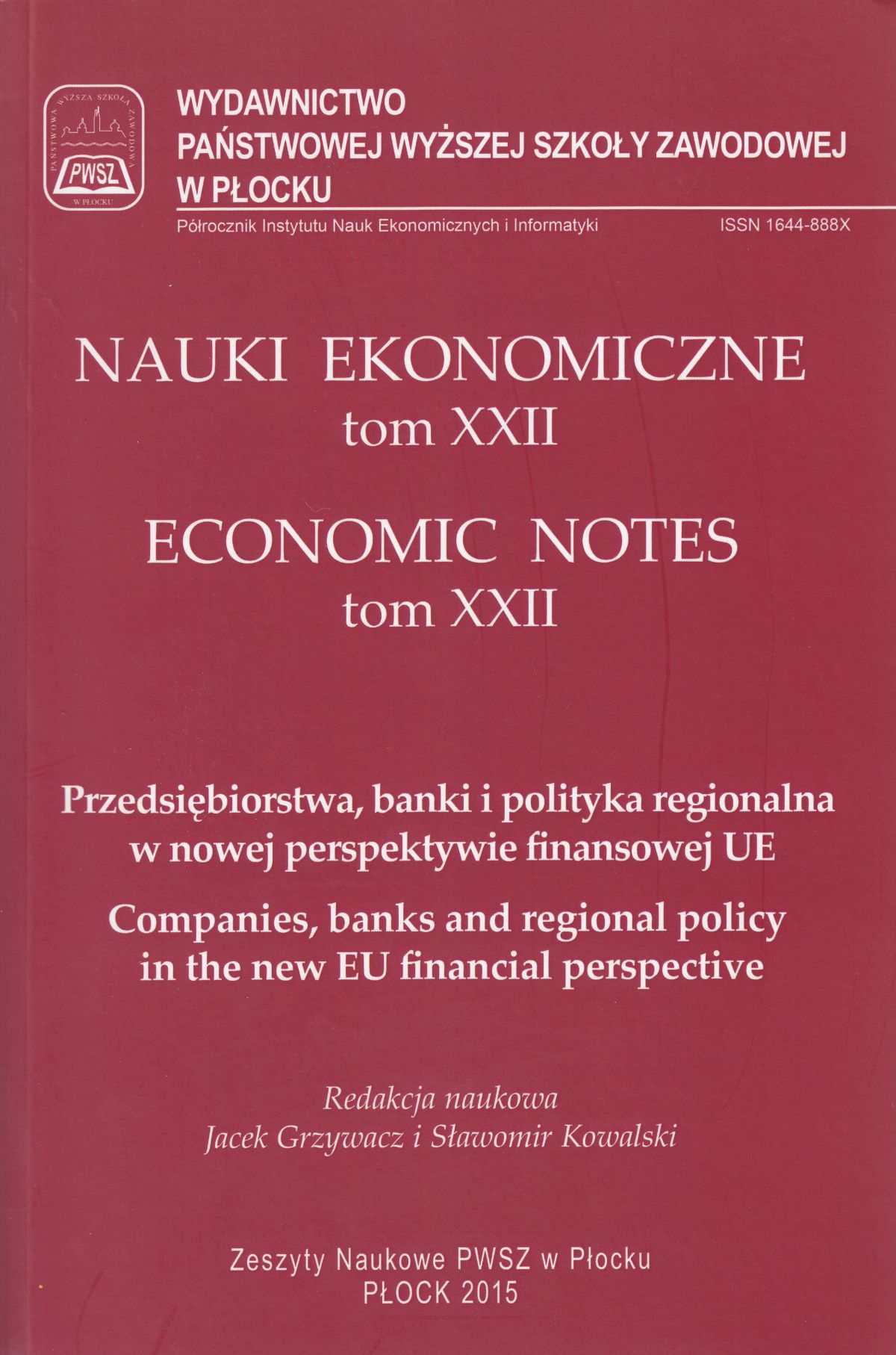GLOBALIZM JĘZYKOWY W GOSPODARCE ŚWIATOWEJ
Abstract
Summary
The article presents the issue of linguistic competences significant in terms of globalization
of the world’s economy. The author’s intention is to exploit the correlation between the economic
success of individuals and their foreign language skills, based on the results of selected
research. Language policy is briefly described in relation to the definitions suggested within
the European Union. Additionally, foreign language learning is defined as a key competence
necessary for further development of business. Arising awareness of entrepreneurs concerning
the importance of high language competences is also presented. Finally, the text concentrates
on the perspectives of language education, with vocational English study in particular.
Key words: lingua franca, language policy, key competences, linguistic competences, language
for specific purposes, language education, human capital
References
Bibliografia
Bennet M.J., How not to be a fluent fool: Understanding the Cultural Dimension of Language
w: A. Fantini, (red.) New ways in teaching culture, TESOL, Alexandria 1997
Fulton O., OECD Reviews on Tertiary Education. Poland, 2007 ELAN: Effects on the European
economy of shortages of foreign language skills in enterprise, CILT, Londyn 2006
Grin F., Economic approaches to language and language planning: an introduction. International
Journal of the Sociology of Language 121 (1) 1996
Grin F., Using language economics and education economics in language education policy,
Council of Europe, Stasbourg 2002
Klein C., The valuation of plurlingual competences in an open European labour market.
International Journal of Multilingualism 4 (4), 2007
Komorowska H., Wielojęzyczność w Europie. Tendencje w polityce językowej Unii Europejskiej
i Rady Europy a prace Grupy Wysokiego Szczebla ds. Wielojęzyczności. Referat wygłoszony
na konferencji „Komunikacja międzykulturowa: Języki integrują”, IBE, Warszawa 2010
Konkluzje Rady w sprawie kompetencji językowych pozwalających zwiększyć mobilność
(2011C/372/07), Rada Unii Europejskiej 2011
Kowalska A., Raport z badania losów zawodowych studentów PWSZ w Płocku, PWSZ, Płock
Kutyłowska K., Polityka językowa w Europie – Raport analityczny, IBE, Warszawa 2013
Komunikat z Brugii w sprawie ściślejszej europejskiej współpracy w dziedzinie kształcenia
i szkolenia zawodowego w latach 2011-2020, 2010
Language learning at pre-primary school level: making it efficient and sustainable. A policy
handbook Komisja Europejska 2011
Melitz J., Language and foreign trade, European Economic Review 2008, s. 667-699.
Pisarek W., Polityka językowa w wybranych krajach europejskich. W: Warchala, J., Krzyżyk,
D. (red.), Polska polityka językowa w Unii Europejskiej , WUŚ, Katowice 2008, s.79-105
Philipson R., English-only Europe?: Challenging language policy, Routledge, London, New
York 2003
Rezolucja Rady z dnia 14 lutego 2002 w sprawie wspierania różnorodności językowej i nauki
języków obcych w ramach realizacji celów Europejskiego Roku Języków 2001 (2002/C 50/01),
Rada Unii Europejskiej 2002
Rezolucja Rady z dnia 14 lutego 2002 w sprawie wspierania różnorodności językowej i nauki
języków
SamovarL., Porter R.E., Intercultural processes: A reader twelfth Edition, Wadsworth Publishing,
Boston 2008
Special Eurobarometer 386. Europeans and their languages, Komisja Europejska, 2012.
Toomet O., Learn English, not the local language! Ethnic Russians in the Baltic States. American
Economic Review 101 (3) 2011, s. 526-531
Williams D.R., The economic returns to multiple language usage in Europe, Working Papers
Series, Luxemburg 2005
Zalecenie Parlamentu Europejskiego i Rady nr 2006/962/WE z dnia 18 grudnia 2006 r.
w sprawie kompetencji kluczowych w procesie uczenia się przez całe życie [Dz.U. L
z 30.12.2006].
